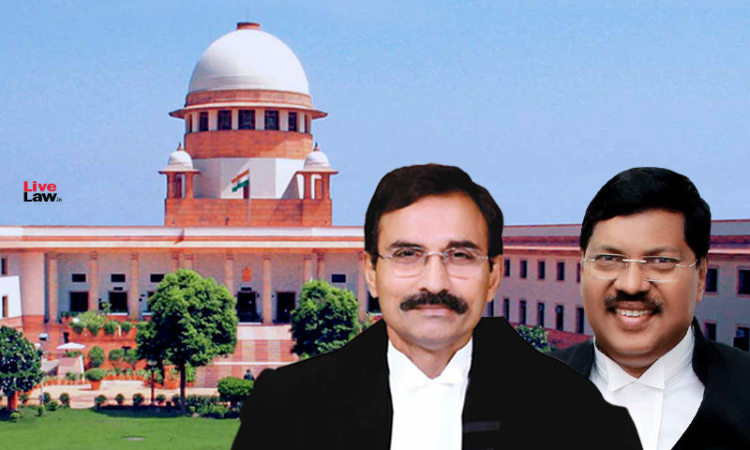Change In Government Policy, If Reasonable And In Public Interest, Would Prevail Over Individual Interests: Supreme Court Reiterates
Sohini Chowdhury
31 May 2022 7:05 PM IST

Next Story
31 May 2022 7:05 PM IST
Recently, the Supreme Court reiterated that change in policy by the Government, if guided by reason and done in public interest, would prevail over private agreements entered between Governments and private parties.The Court held :"...it is more than settled that a change in policy by the Government can have an overriding effect over private treaties between the Government and a private...
